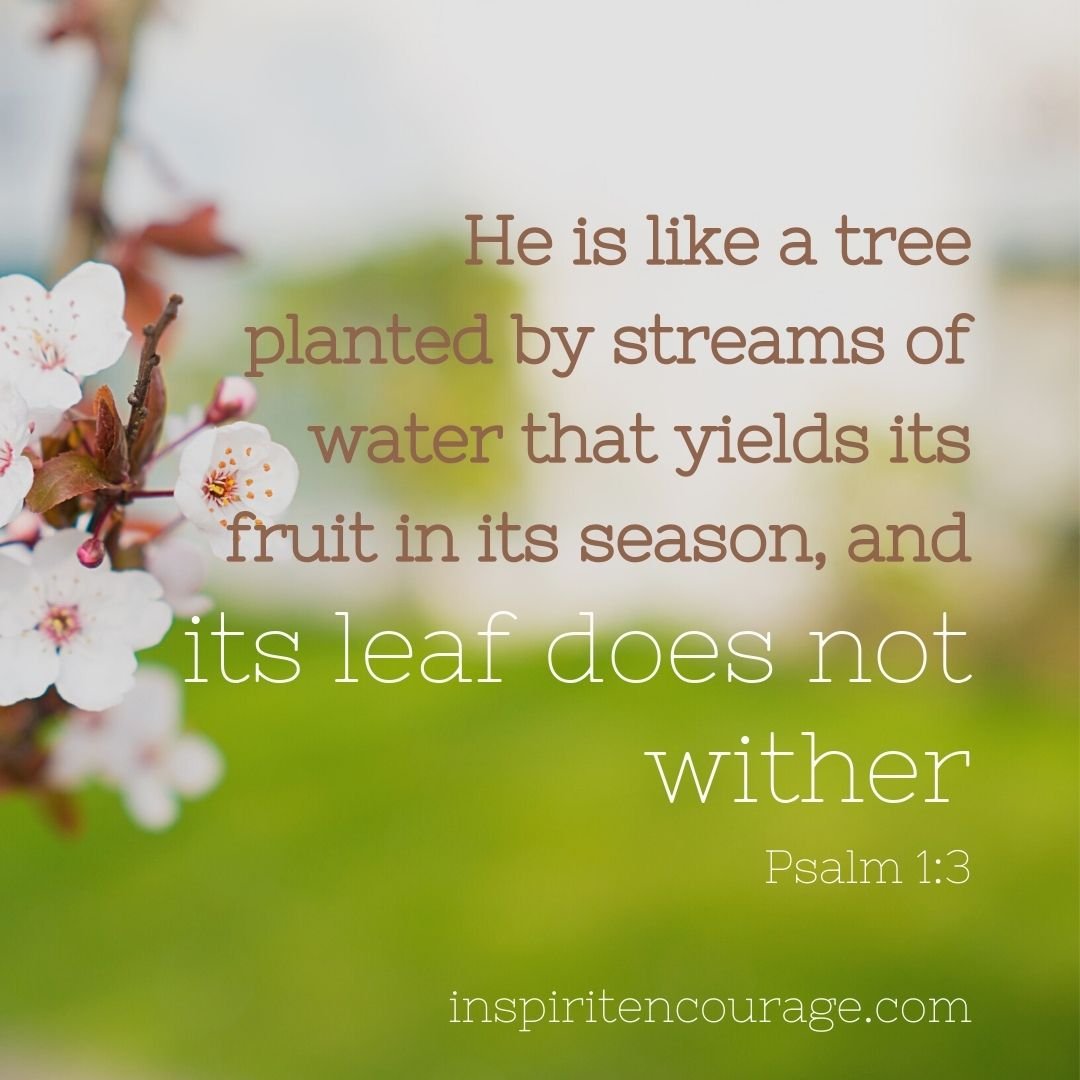Importance of the Word - Mark Chapter 4
This post is part of an 20-day series of the book of Mark. Mark’s gospel often refers to Jesus as Master & Servant and reveals Jesus’s actions and how he meets our spiritual and physical needs. Jesus is revealed as shining the light on the heart of God, demonstrating many promises of the Old Testament in his actions.
Each of Jesus’s actions and teachings embody the character of God, as already revealed in the Old Testament. As Hebrews 1:3 says, ‘The Son is the radiance of God’s glory and the exact representation of his being, sustaining all things by his powerful word.’ Each session opens with a biblical promise, reading the passage, and then some observation and interpretation questions follow. The sessions end with personal application questions. After looking at four chapters, there is than a look at passages from the Old Testament which address similar topics and the accompanying questions consider how Jesus reveals the Father. Please feel free to share an application response or comment on the study itself in the section below.
Day 4 – Chapter 4
Promise: But his delight is in the law of the Lord, and on his law he meditates day and night. He is like a tree planted by streams of water that yields its fruit in its season, and its leaf does not wither. In all that he does, he prospers. -Psalm 1:2-3
Many of the promises of God are not only statements of blessing, but statements which direct us. There is frequently not only a statement of what God does, but also a statement of what we do. Here in Psalm 1, we see that the promise of fruitfulness, strength, and prosperity, is a response of our having mediated on the law of God. We need the law in our hearts. The Word has to be our priority for God to be able to work in us. His word is a double-edged sword, living and active, discerning thoughts and intentions of our heart (Hebrews 4:12), and the heart is where God longs to work. Access to our hearts and God’s changing of us begins with his word. How do you feel about his Word? How does your church incorporate the word into the weekly services?
Read Chapter 4.
In this chapter, Jesus tells three parables which include seeds. What do the seeds represent in each of the stories?
Who is the sower in the Parable of the Sower? How does the sower discern where to sow?
What difficulties present themselves to the seed taking root in today’s society?
Take a moment to connect the crop of fruit produced in the Parable of the Sower (v 1-20) to the lamp on a stand (v 21-23) and the measure of use (v24-15). How do these parts of scripture complement each other?
In the Parable of the Growing Seed, what is needed for the seed to grow? What is the man’s struggle in this parable?
What are Jesus’s instructions to the disciples in verse 35? How does Jesus’s inquiry about their faith relate to this instruction?
The disciples cry out ‘don’t you care’ and not ‘please save us’. What do the two phrases indicate about what the disciples understand about Jesus and his identity?
Application: How are you more likely to call out to Jesus, ‘do you care?’ or ‘please save’? What does this reflect of your relationship with him?
